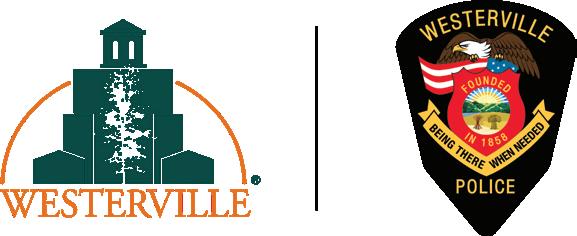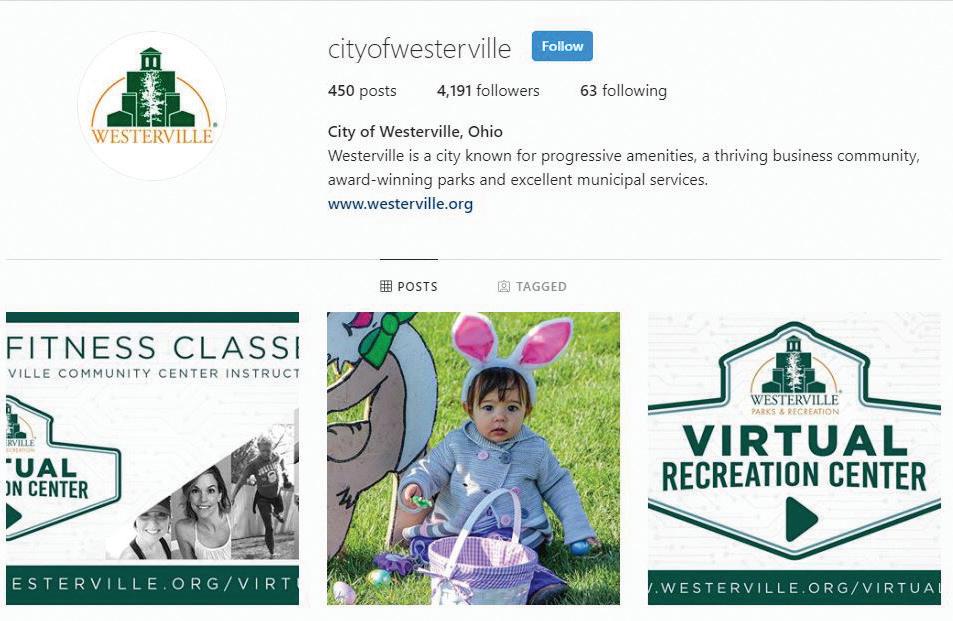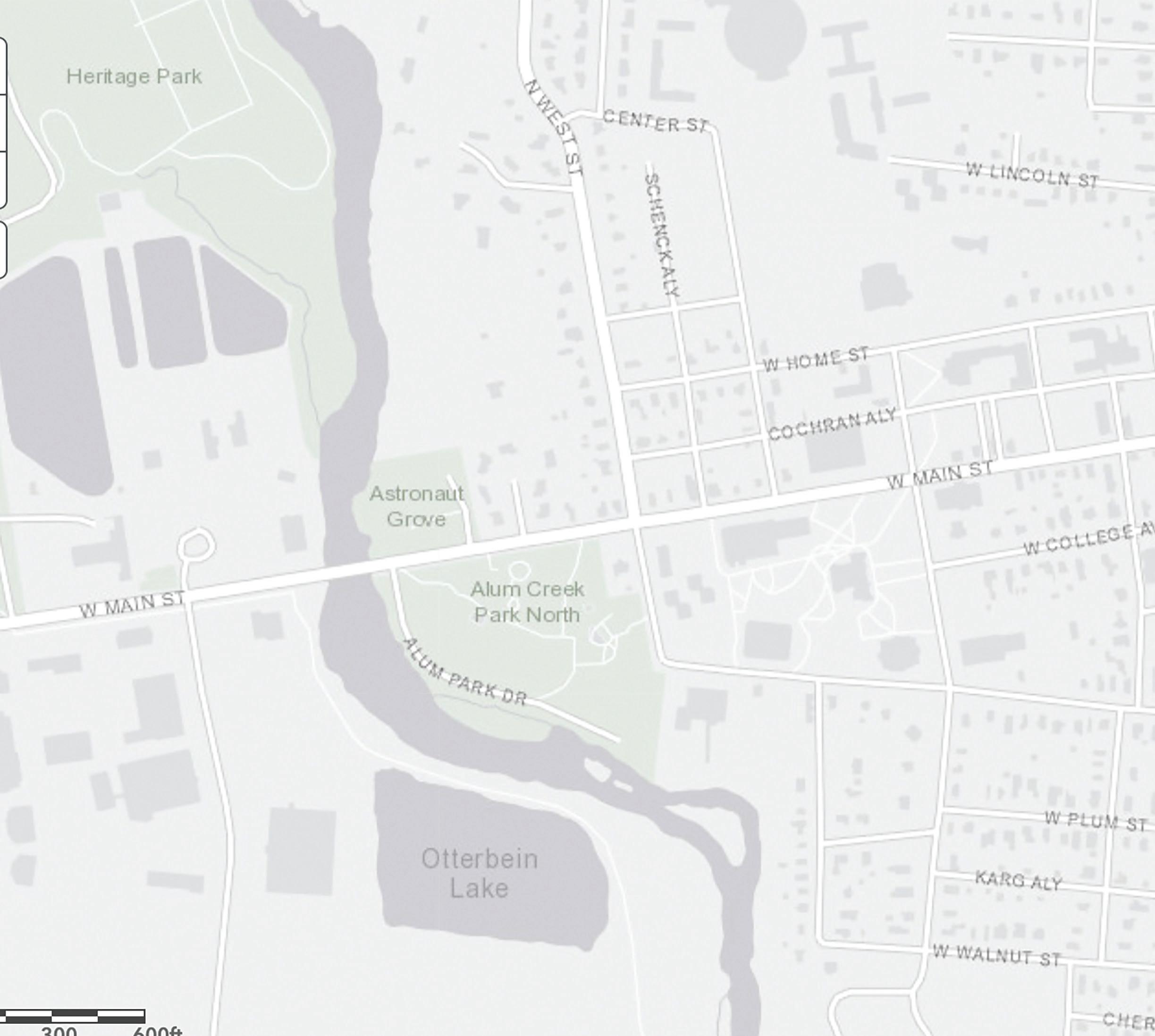RELIEF FROM A RAINY DAY
FISCAL POLICY CREATES OPPORTUNITY WHEN MOST-NEEDED When COVID-19 blanketed the community in uncertainty, Westerville City Council acted quickly to start the conversation about what help could be offered to residents and businesses. From this concern about economic impacts and financial hardships came the utility bill holiday, a $5.5 million program to waive the cost of City utilities for bills due in April. How is the City able to offer and then absorb a multi-million dollar program? Through strong fiscal policy that focuses on year-over-year careful and conservative planning. Westerville consistently holds a place among the most-awarded municipalities in the state for financial performance. Additionally, Westerville’s finances each year earn bond rating agencies’ most distinguished awards and top state recognitions. This means the City also maintains what’s traditionally known as a “rainy-day” fund tucked into the utility accounts. These dollars can be accessed during an emergency, like the current global pandemic’s impact at the local level. “Our fiscal policy is built to have emergency measures so we can access funds without increasing rates or taxes,” said David Collinsworth, Westerville City Manager. “So although we’re facing a pandemic, we have a way to design a relief program that provides immediate help to residents and business.”
WESTERVILLE CITY COUNCIL APPROVES
BUSINESS AND RESIDENT
UTILITY BILL HOLIDAY
W W W.W E S T E R V I L L E . O R G / C O V I D 1 9
Specifically, because the City of Westerville maintains municipal utility services, the program does not impact general funds (public infrastructure, public safety and services, etc); cash reserves live in various utility enterprise funds (electric, water, sewer, and refuse). The utility enterprise fund policies dictate how much the City should carry in reserve for sufficient operating cash, which is analyzed each year during the budget process. Collinsworth says the funds will be balanced by looking at operating and capital expenditures that can be cut, deferred, or rescheduled to 2021. “We’re in a good financial position to not only offer the bill holiday within our utility operations, but have taken the same care in managing our tax funded services to have sufficient reserves on hand that, combined with restrained spending, will ensure continuity of core City services during this economic downturn.” said Collinsworth. Programs like construction, infrastructure improvements and essential public safety services remain relatively unchanged. Residents and businesses will continue to see progress in neighborhoods and in districts like Uptown while improvement projects stay in motion. “If there’s a silver lining to this, the pace and lower cost of construction would be one,” said Collinsworth. “The Uptown Improvement Project has made great strides during this time, which makes the overall timeline look promising for early completion.” With the announcement of the utility bill holiday, Westerville City Council encouraged residents to payit-forward by supporting a Westerville-based charity or nonprofit that could further offer aid in the community. Through letters, emails and social media posts, it appears that people took it to heart. “We heard good things from WARM, Neighborhood Bridges and other organizations who saw the effect,” said Collinsworth. “That’s the idea. We can all help each other in the midst of a crisis, and get through it together.” Find more on the utility bill holiday at www. westerville.org/covid19.
27

















